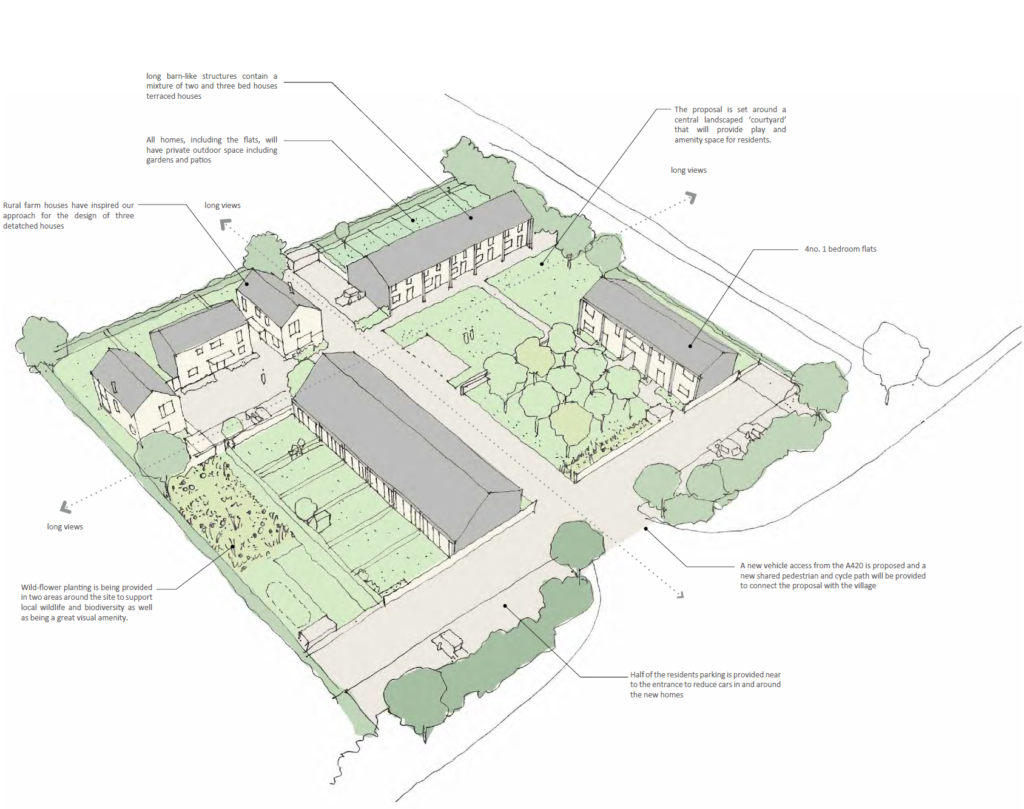The Community Housing Fund Delivery Review 2024 outlines the progress and key insights regarding the Community Housing Fund (CHF), which was launched by the UK Government in 2016 to boost the supply of community-led housing (CLH).
Key Phases of the CHF:
- Initial Phase (2016-17): £60 million was allocated to councils facing affordability stress due to high levels of second homes.
- Main Phase (2018-20): £163 million was directed towards grants by Homes England and the Greater London Authority (GLA). However, most of this was not fully allocated.
- Later Phase (2021-22): £4 million of revenue grants were provided to more advanced projects.
Achievements:
- Housing Supply: 4,222 homes are either delivered or in active projects, with 913 under construction or already built.
- Affordable Housing: 90% of the pipeline is affordable housing, with 80% set at sub-market rents, likely to remain affordable long-term.
- Project Success: Two-thirds of projects with substantial funding have homes completed, under construction, or with secured planning permission.
Other Findings:
- Non-standard Tenures: There is a demand for tenures not supported by mainstream Affordable Housing Programmes (AHP), such as Mutual Home Ownership and Discount Market Sale.
- Small Development Sizes: The median project size is 15 homes, showing CLH’s potential to use smaller sites unviable for mainstream developers.
- Modern Methods of Construction (MMC): CLH projects are slightly more likely to use MMC (18%) compared to mainstream developments.
- Self/Custom Build: 12% of projects offer custom builds, higher than the industry average (6-8%), especially for affordable housing.
- Public Land: Almost half of the projects are on public land, suggesting CLH can maximize the social value of public land disposal.
Challenges and Areas for Improvement:
- Undersubscribed Funding: Funding oversubscription limited the CHF’s reach, with £27 million of bids unmet during the 2018-20 period.
- Geographic Distribution: 73% of funded projects are concentrated in Southern England, highlighting the need for more balanced regional support.
- Dormant Projects: 15 projects, representing 5% of funding, were put on hold due to financial viability issues, landowner withdrawal, or local opposition.
Success Factors:
- Enabler Support: CLH projects that worked with enabler hubs were more successful, with 80% of active projects receiving support.
- Development Partnerships: Collaborations with housing associations and developers are common and crucial for success.
Conclusion:
The CHF has significantly increased housing supply, particularly affordable housing, and fostered innovation in the housing sector. However, underfunding, regional imbalance, and unmet demand for non-standard housing models remain challenges. Future funding could benefit from targeting projects with proven success factors, such as partnerships with experienced enablers and developers.







